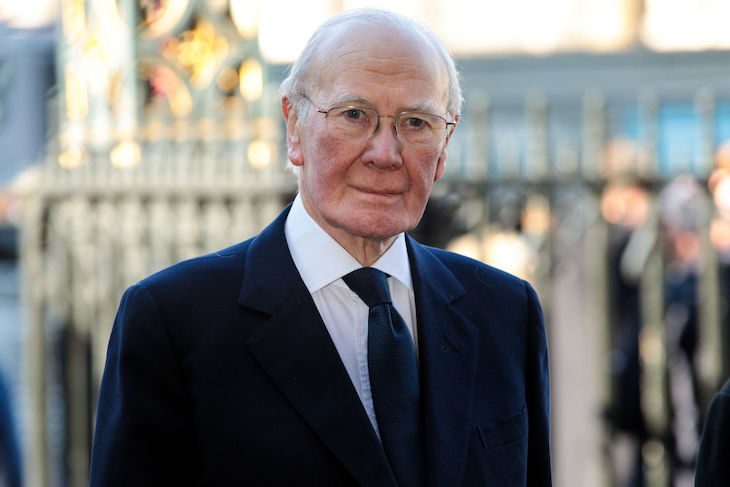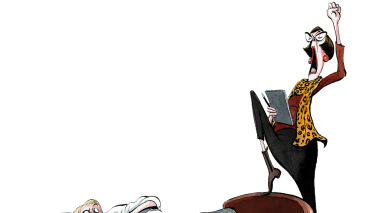Sir Menzies Campbell’s death means the loss of one of the most inconspicuously interesting people I’ve known in politics, not to mention one of the nicest. Ming, who led the Lib Dems from 2006 to 2007, had naturally faded from the limelight in recent years, but there was a time when he was everywhere. He was a regular on Question Time and anywhere else that big subjects – especially foreign affairs – were discussed.
The headlines on his death, at the age of 84, will naturally refer to him as ‘former Lib Dem leader’ but really that role was only a small part of his story, and one of the least interesting. Not that it was always easy to get to that wider story. I had a small role in helping him write his autobiography, published in 2008 under the rather telling title: Ming Campbell: my autobiography.
Ghost-writing is rarely easy but trying to tease colourful anecdotes and personal details out of Ming was remarkably difficult, even though he had a wealth of them. He had a great distaste for personal revelation; I doubt he’d mind my saying that he only wrote the book because a publisher offered him a decent cheque for it, and since he’d given up the bar for a backbencher’s salary, that wasn’t something he could ignore. I left the project before the book was complete, amicably defeated by his (always charming) reticence.
Ming’s reserve on matters personal made it easy for distant cynics to write him off as dull and even doddering. That, of course, was an utterly unfair conclusion. The man himself was always tremendous company, full of wit and warmth and charm. He was a polished public performer, but for all his time in the spotlight he didn’t share very much of himself with the public.
Not for him the personal revelations, the insights into his family or soul. An interviewer once asked him about the fact that he and his wife Elspeth – inevitably and justly described as ‘formidable’ – did not have children. ‘That is a personal matter,’ he replied. Full stop. Subject closed.
That was at a time when other front-rank politicians were routinely baring their souls and families, inviting the media into their homes and marriages to show their true selves.
He was likewise allergic to tribalism. Liberal Democrats were his colleagues but his friends were in all parties, especially Labour’s John Smith and Donald Dewar, contemporaries from Glasgow University.
Politically, his most significant contribution to national life probably came over the US-US invasion of Iraq in 2003. As the Lib Dem foreign affairs spokesman, he was instrumental in the party’s decision to oppose the war and oppose it noisily; there was a real possibility that the party leader Charlie Kennedy could have been swayed by Tony Blair into support, or at least silence.
It is a measure of Ming’s approach to politics and life that he was happy to work with a ghost-writer who had written columns in support of the war; it was unthinkable for him to conflate disagreement with dislike.
His faltering performances as party leader could be painful to watch
That was a reflection of his generous character, but also to the sense of perspective he brought to politics: it was never his life, his all. He’d been an Olympic athlete – Elspeth used to call him ‘the fastest white man on the planet’ – and a real barrister. At the age of 40, when other politicians were already ministers and party leaders, he was more interested in becoming a judge than an MP.
His faltering performances as party leader could be painful to watch; it was sometimes baffling to think that such an accomplished, polished man could struggle so much in the bear-pit of PMQs. But while contemporary accounts put those struggles down as weaknesses, I think posterity will record them as a sign of virtue. The fact that he wasn’t cut out for a shallow partisan shouting match reflects well on him, not badly.
It’s tempting to say that Ming Campbell was a politician from another age, but even that wouldn’t do justice to the man, because it’s not really accurate to call him a politician at all. Yes, he stood for and held political office, but politics neither consumed nor defined him. It was something he did, not what he was.
We dearly need more like him today.








Comments